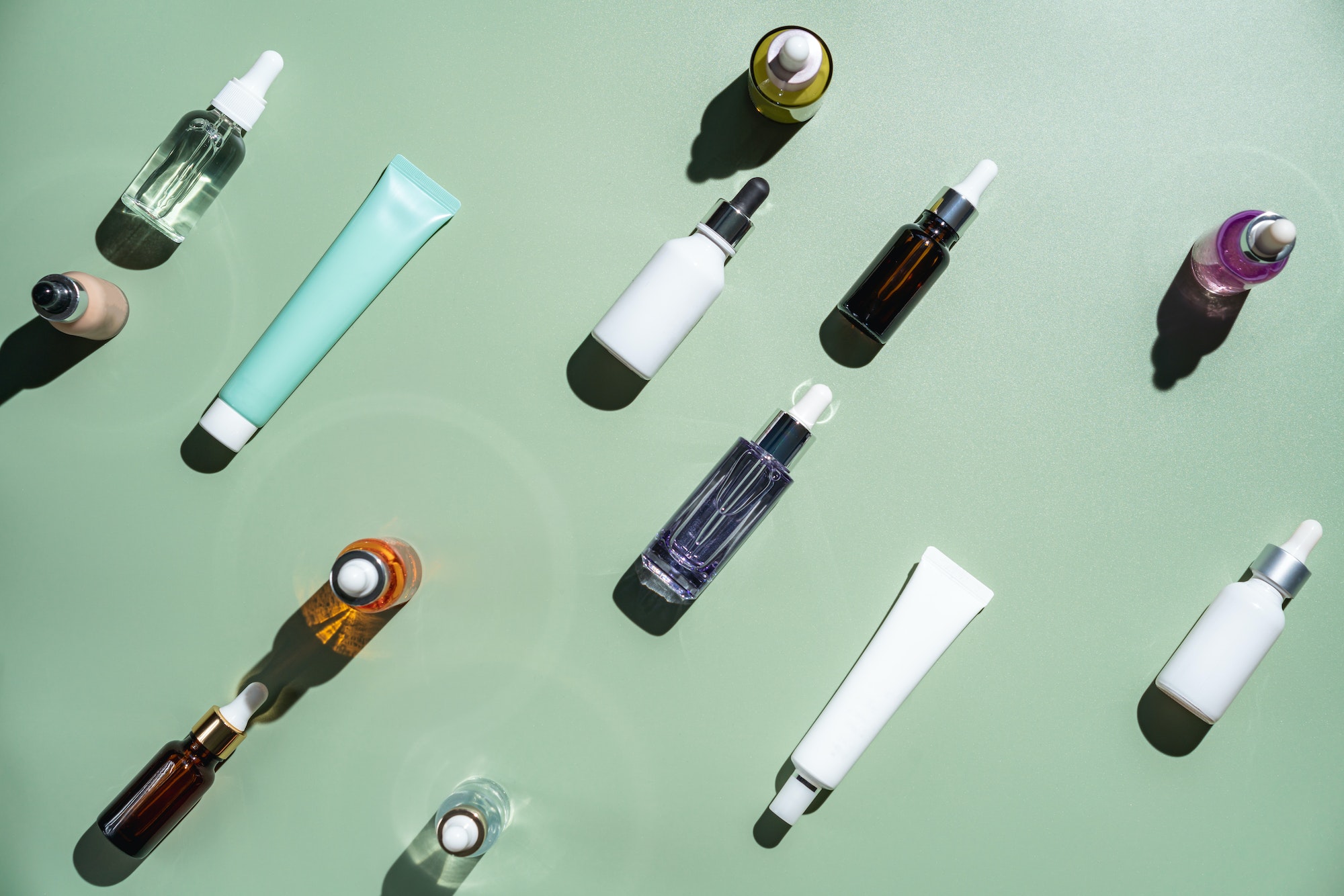The cosmetics industry has been exploring the potential of algae-derived ingredients for their numerous benefits. Algae-based cosmetics offer a range of advantages, including moisturizing, anti-aging, and antioxidant properties. However, there are challenges and considerations that must be addressed for the algae-based cosmetics industry to achieve its full potential. Some of these challenges include quality control and standardization, consumer awareness and perception, and regulatory compliance.
Quality Control and Standardization
Ensuring consistent product quality is crucial in the cosmetics industry. This can be particularly challenging with algae-derived ingredients, as the quality of algae can vary depending on factors such as cultivation conditions, harvesting techniques, and processing methods. To ensure a consistent product quality, manufacturers must implement strict quality control measures throughout the entire production process.
In addition to quality control, establishing industry standards for algae-derived ingredients is essential. Standardization ensures that consumers know what they are getting when they purchase a product containing algae-derived ingredients. It also allows manufacturers to compare their products with those of their competitors, providing a basis for improvement and innovation.
Consumer Awareness and Perception
Educating consumers on the benefits of algae-based cosmetics is crucial for the industry’s growth. Consumers may not be aware of the advantages of using algae-derived ingredients in their beauty products. By highlighting the unique properties of these ingredients – such as their natural origin, sustainability, and effectiveness – manufacturers can encourage more people to try algae-based cosmetics.
Overcoming misconceptions about algae is another important aspect of consumer education. Some people may associate algae with negative connotations, such as pond scum or seaweed. It is essential to dispel these myths by emphasizing the various types of algae used in cosmetics and their unique benefits.
Regulatory Compliance
Navigating cosmetic regulations in different countries can be a complex task for manufacturers of algae-based cosmetics. Each country has its own set of rules governing the use of cosmetic ingredients, and these regulations can change over time. Manufacturers must ensure that their products comply with the regulations in each market where they are sold.
Ensuring the safety and efficacy of algae-derived ingredients is an essential part of regulatory compliance. Manufacturers must conduct thorough testing to demonstrate that their products are safe for use and provide the advertised benefits. This may include in vitro and in vivo testing, as well as clinical trials.
In conclusion, the algae-based cosmetics industry has vast potential, but it faces several challenges that must be addressed for it to thrive. By focusing on quality control and standardization, educating consumers about the benefits of algae-based cosmetics, and navigating regulatory compliance, manufacturers can help to grow this innovative industry. As more people become aware of the advantages of using algae-derived ingredients in their beauty routines, we can expect to see increasing demand for these sustainable, effective products.

